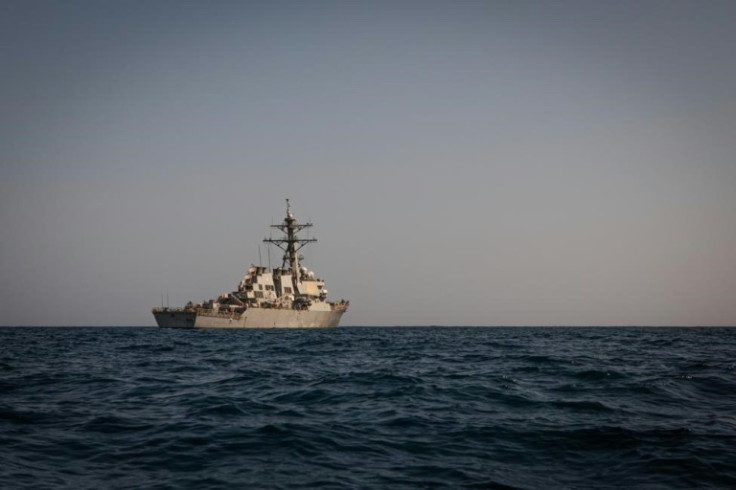
A former State Department lawyer said that the U.S.'s military presence off the Venezuelan coast, despite being "significant," it is "not what you would need to actually invade."
Speaking to the Associated Press, Brian Finucane, now a senior adviser at the International Crisis Group, said he doesn't believe President Donald Trump has the "stomach" for such a decision, claiming that he "likes performative military action, particularly strikes on supposed terrorists."
Regardless, the country's authoritarian President, Nicolas Maduro, said he is considering declaring a state of emergency due to the current situation. He added that such a decision would help protect Venezuela's sovereignty and stability, noting that his goal is "that the entire nation, every citizen, has the support and protection of all forces of Venezuelan society to respond to any threat or attack against our country."
The Miami Herald noted that under Article 338 of the South American country's constitution, the declaration of an "external national commotion" would allow the government to suspend certain constitutional guarantees to deal with foreign threats.
The measure can last up to 90 days and can be renewed one time. It has to be approved by the Council of Ministers, presented to the National Assembly and reviewed by the Constitutional Chamber of the Supreme Court within eight days. All such bodies are controlled by officials friendly to the regime.
The outlet noted that Vice President Delcy Rodriguez has backed the possibility, calling it "very pertinent in light of the threats looming over Venezuela."
Most Venezuelans don't believe the U.S.'s actions are performative, according to a new poll. Over half of respondents believe that Maduro will fall within the next six months, according to a new poll. Moreover, a little over a third (36%) are confident he will be ousted within three months.
The survey, conducted by London-based research firm Panterra and released this week, showed that almost two thirds of the 1,200 respondents (63%) say Maduro is not the country's legitimate president.
Elsewhere in the poll, 61% said the Maduro regime is weaker than a year ago. Only 11% claimed it is stronger. "The sense that the regime is weakening is widespread," David Bluestone, managing director of Panterra told the Miami Herald. "People are seeing some of the recent moves by the regime as showing their weakness, not showing their strength."
Moreover, three quarters of those who don't support the authoritarian government say they support a U.S. policy aimed at ousting Maduro. "Majorities of non-Chavistas favor broad economic sanctions and individual sanctions on those connected to the regime. Support for direct intervention to remove or arrest Maduro is even higher."
© 2025 Latin Times. All rights reserved. Do not reproduce without permission.





